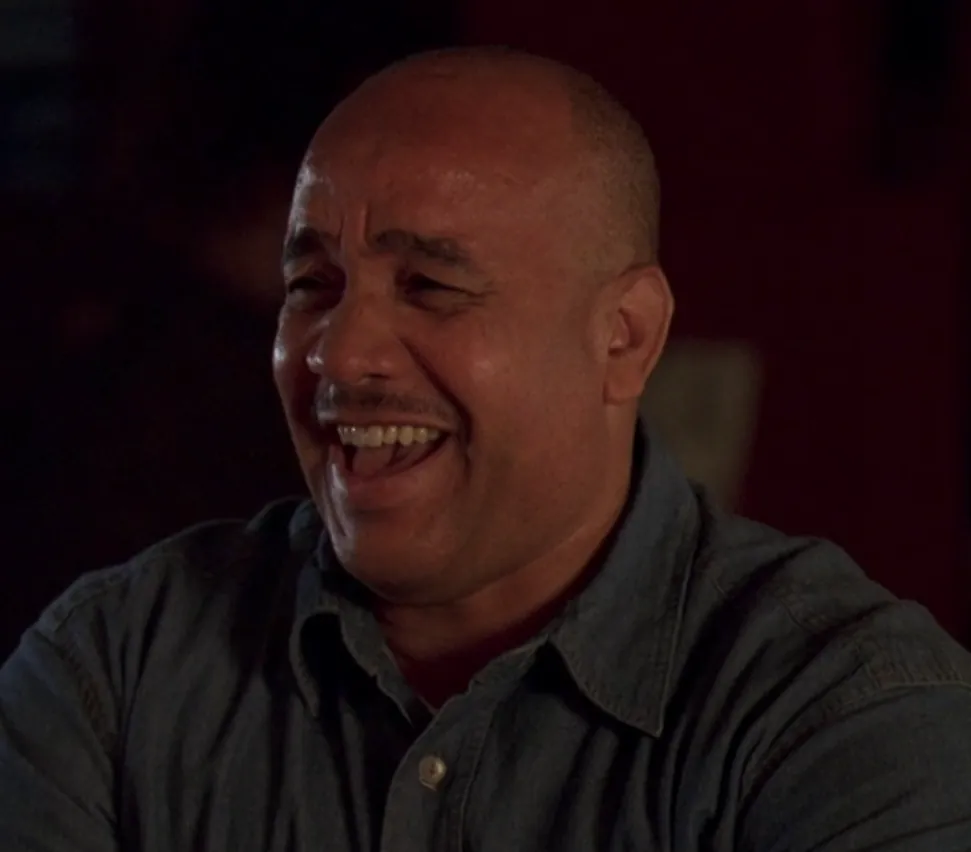NewCharlesInCharge
No bio...
User ID: 89

Biden is in an irregular marriage.
On one hand I believe that prayer is God allowing man the dignity to participate in His own divine will. God will grant your petitions insofar as they align with His eternal unchanging will.
On the other hand, as a Catholic, I believe that intercessory prayer is worthwhile.
I suppose to reconcile the two I could frame intercessory prayer as vibing with the saints together to be part of God’s will.
- Prev
- Next


I’m reminded of the young men marching off to the Great War, excited at the prospect of winning glory, and finding a meat grinder.
There’s little glory in pushing the button. Maybe there is in creating the winning system behind the button, but it’s still of a different kind than a hoplite would have experienced.
More options
Context Copy link